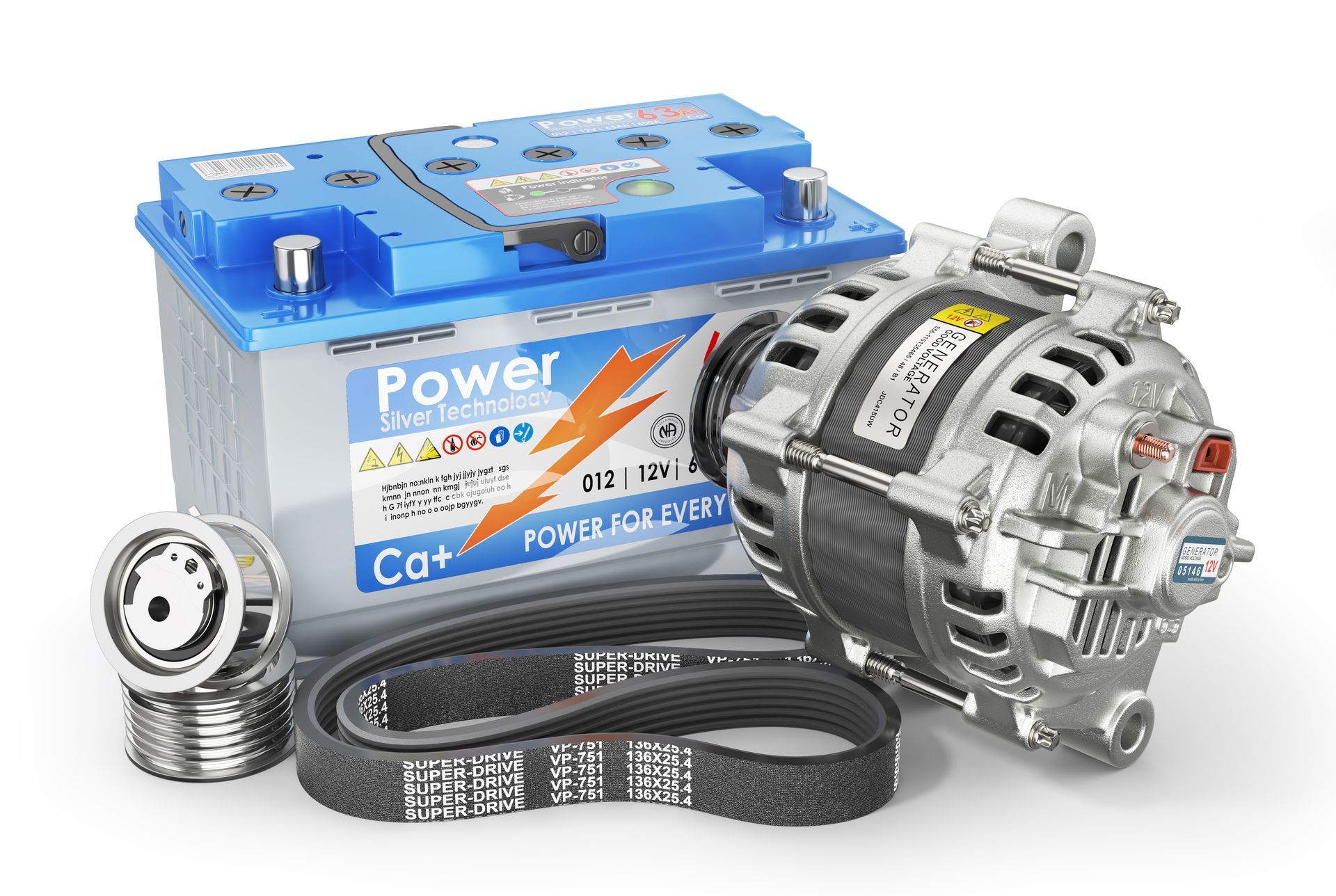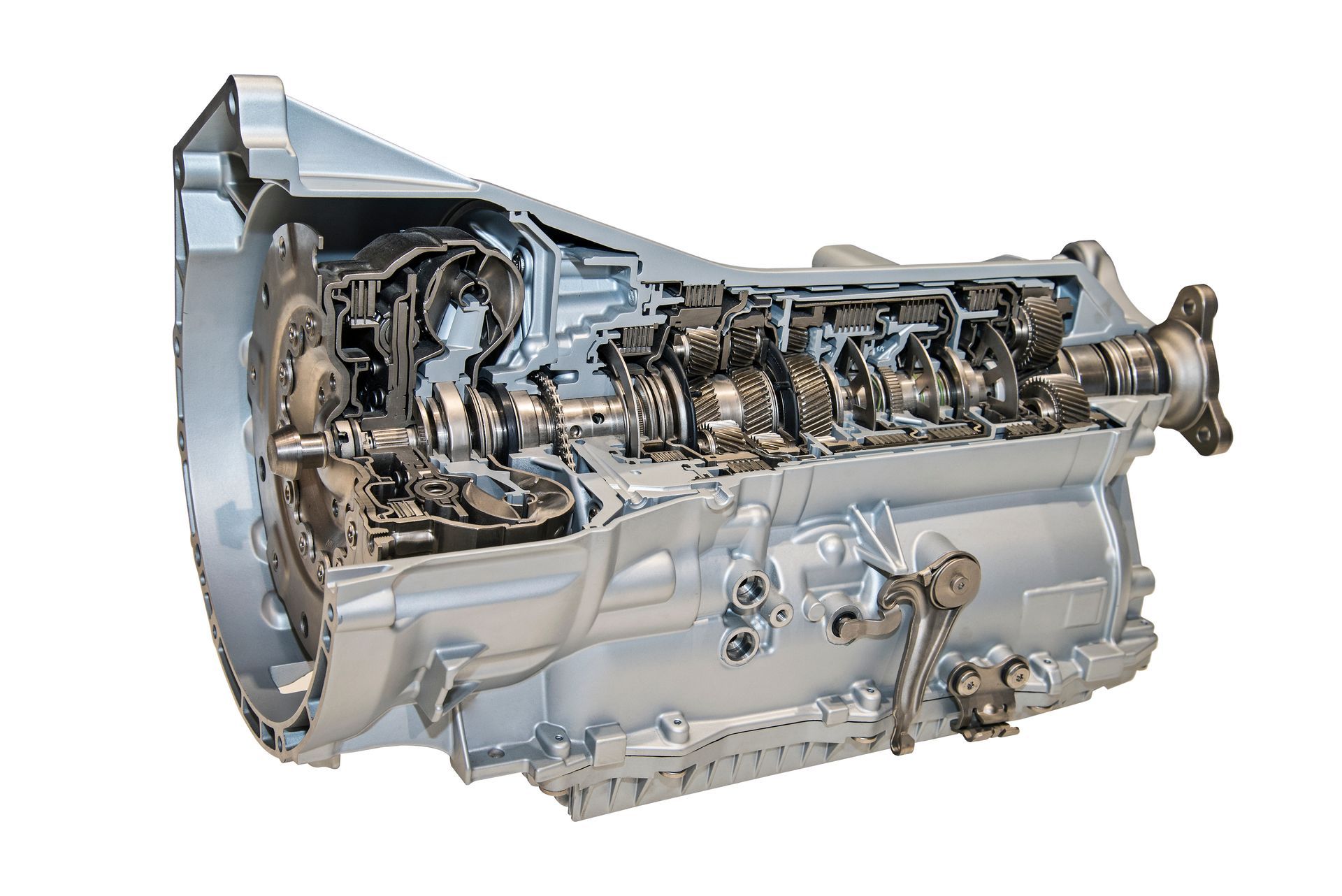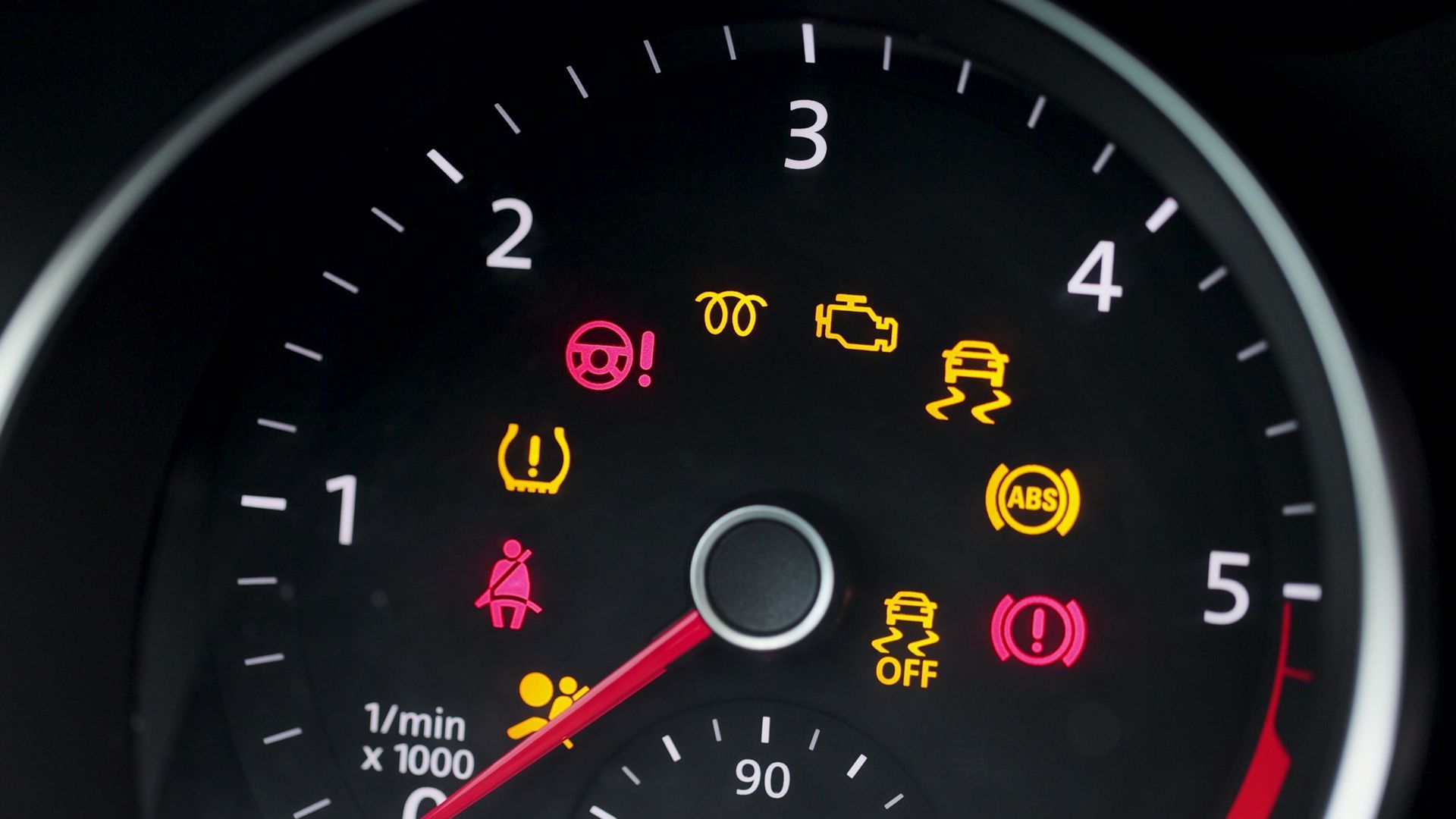For a brief period, Smart cars were a quirky but recognizable presence on U.S. roads. Mercedes-Benz’s raid into the subcompact, eco-friendly vehicle market garnered significant attention, particularly for city dwellers looking for an efficient and nimble ride. However, by 2019, Mercedes-Benz pulled the plug on the Smart brand in the U.S., leaving many wondering: What happened? Was it the size? The price? Or something else entirely? Let’s take a closer look at the key reasons behind the decision to discontinue Smart cars in the American market and what it signals about the shifting landscape of the automotive industry.
Lack of Demand in the U.S. Market
One of the primary reasons Mercedes-Benz stopped selling Smart cars in the U.S. was the lack of consumer demand. American car buyers have consistently favored larger vehicles, such as SUVs and trucks, over compact and subcompact cars. The Smart car, with its tiny size and limited space, was always going to be a niche product. While it found some success in densely populated cities like New York and San Francisco, it failed to gain widespread appeal across the rest of the country.
The U.S. automotive market has always leaned towards larger, more powerful vehicles, and despite Smart cars being fuel-efficient and easy to park, most Americans preferred vehicles with more space, power, and versatility. This cultural difference in vehicle preferences played a significant role in the dwindling sales of Smart cars in the U.S., eventually leading Mercedes-Benz to shift its focus elsewhere.
Challenges in Electric Vehicle Adoption
When Mercedes-Benz decided to switch the Smart brand to an all-electric lineup in 2018, they hoped it would breathe new life into the brand. However, this pivot to electric vehicles (EVs) came with its own set of challenges. The U.S. market, though growing, was still not fully ready to embrace small electric vehicles like the Smart EQ Fortwo at scale. Many potential buyers were hesitant about the vehicle’s limited range, making it less appealing than other electric cars with longer ranges and more features.
Furthermore, the EV infrastructure in the U.S., particularly the availability of charging stations, was (and still is) an evolving issue. While major cities offered better access to charging stations, many suburban and rural areas lagged far behind. This lack of widespread charging support further limited the potential customer base for Smart’s electric models.
Competition from Other Automakers
Another significant factor that contributed to the downfall of Smart cars in the U.S. was the intense competition from other automakers. The subcompact and compact car markets were already crowded with options that offered more space, better features, and higher perceived value for the price. Vehicles like the Honda Fit, Toyota Yaris, and Mini Cooper provided buyers with compact cars that had more seating capacity, cargo space, and advanced features, all at competitive prices.
In the electric vehicle segment, brands like Tesla and Nissan offered electric cars with greater range, more advanced technology, and better performance than the Smart EQ Fortwo. In an industry where consumers demand more for their money, the Smart car was often seen as a less attractive option when compared to its competitors.
Price and Value Proposition
Though Smart cars were marketed as affordable, eco-friendly alternatives, the pricing didn’t always align with what American consumers expected for a subcompact vehicle. The cost of Smart cars, especially the electric versions, often seemed high relative to what they offered. Many consumers felt they weren’t getting enough value for their money when they could purchase larger vehicles with more features at a similar or even lower price.
This pricing disconnect, combined with the vehicle's small size and limited range in the EV models, led many potential buyers to opt for other vehicles that offered a better balance of cost, size, and performance. For Mercedes-Benz, the Smart car became a tough sell in an already competitive market, making the decision to halt U.S. sales inevitable.
Changing Focus to Luxury and Electric Vehicles
Mercedes-Benz has long been associated with luxury, performance, and innovation, and in recent years, the company has increasingly shifted its focus towards high-end electric vehicles and SUVs. With the growing demand for premium electric cars, Mercedes-Benz likely saw the Smart brand as less aligned with its evolving goals.
The German automaker has made significant investments in developing its EQ lineup of luxury electric vehicles, such as the Mercedes-Benz EQC and EQS. By discontinuing the Smart brand in the U.S., Mercedes-Benz was able to redirect resources toward the development and promotion of these higher-margin, more prestigious vehicles. The decision also allowed Mercedes to better position itself against competitors like Tesla in the rapidly growing luxury EV market.
Looking for reliable auto repair services for your Smart or German car?
Gold Wing Motors offers comprehensive vehicle maintenance, ensuring your car is always in top condition. Give us a call today and experience our top-notch service firsthand.










